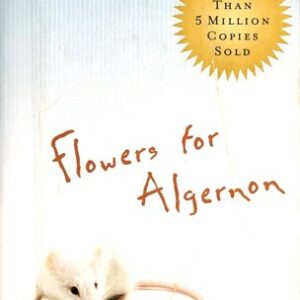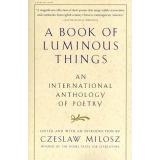Decay and Afterlife
$35.00
| Title | Range | Discount |
|---|---|---|
| Trade Discount | 5 + | 25% |
- Description
- Additional information
Description
Covering 800 years of intellectual and literary history, Prica considers the textual forms of ruins.
Western ruins have long been understood as objects riddled with temporal contradictions, whether they appear in baroque poetry and drama, Romanticism’s nostalgic view of history, eighteenth-century paintings of classical subjects, or even recent photographic histories of the ruins of postindustrial Detroit. Decay and Afterlife pivots away from our immediate, visual fascination with ruins, focusing instead on the textuality of ruins in works about disintegration and survival. Combining an impressive array of literary, philosophical, and historiographical works both canonical and neglected, and encompassing Latin, Italian, French, German, and English sources, Aleksandra Prica addresses ruins as textual forms, examining them in their extraordinary geographical and temporal breadth, highlighting their variability and reflexivity, and uncovering new lines of aesthetic and intellectual affinity. Through close readings, she traverses eight hundred years of intellectual and literary history, from Seneca and Petrarch to Hegel, Goethe, and Georg Simmel. She tracks European discourses on ruins as they metamorphose over time, identifying surprising resemblances and resonances, ignored contrasts and tensions, as well as the shared apprehensions and ideas that come to light in the excavation of these discourses.
Aleksandra Prica is associate professor of German literature at the University of North Carolina at Chapel Hill.
List of Figures
List of Abbreviations
Introduction
I Foundations
1 Among Ruins: Martin Heidegger and Sigmund Freud
2 Afterlife: Hans Blumenberg and Walter Benjamin
II The Propitious Moment
3 Petrarch and the View of Rome
4 Poliphilo and the Dream of Ruins
III Living On
5 Ferdinand Gregorovius, Hildebert of Lavardin, and the Rupture of Continuity
6 Lucius Annaeus Seneca, Martin Opitz, and the Overcoming of Vanity
IV The Battleground of Time
7 Johann Jacob Breitinger, Andreas Gryphius, and the Reconsideration of Allegory
8 Thomas Burnet, Georg Wilhelm Friedrich Hegel, and the Realignment of Discourses
V Futures and Ruins
9 Johann Wolfgang von Goethe, Georg Simmel, and the Provisionality of Forms
Epilogue
Acknowledgments
Bibliography
Index
Additional information
| Dimensions | 1 × 6 × 9 in |
|---|









